Nepal’s New Peaks Policy: Adventure or Environmental Gamble?
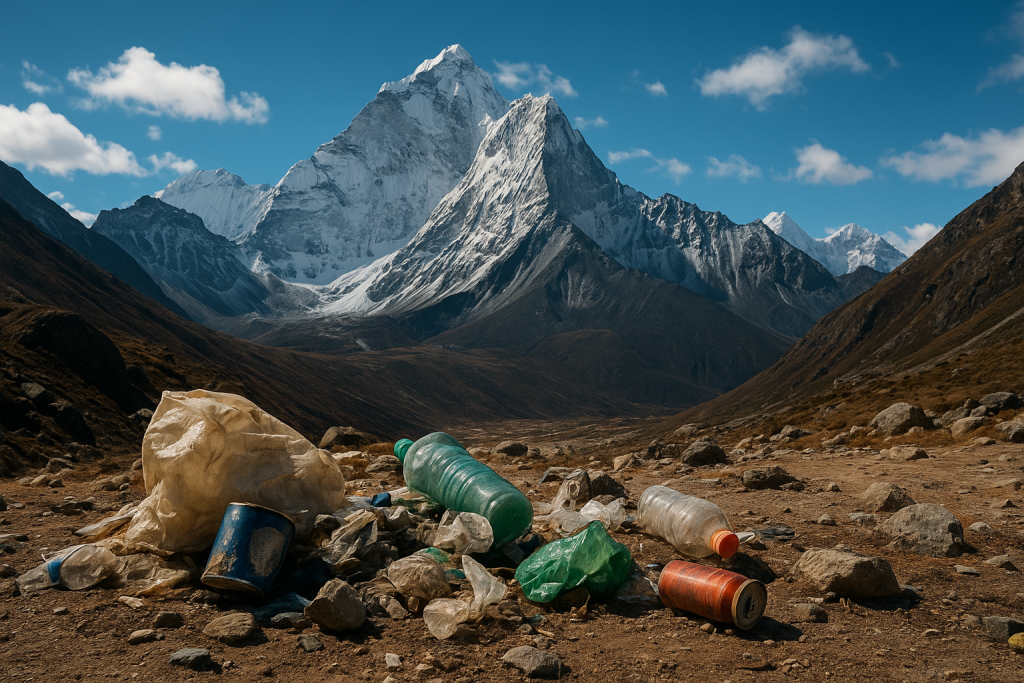
KATHMANDU — Nepal is throwing open the doors to some of its most remote mountains, removing climbing permit fees for 97 Himalayan peaks over the next two years.
The mountains — scattered across the rugged Karnali and Far Western provinces — rise between 5,870 and 7,132 meters. For decades, they’ve sat in the shadow of Everest and other famous summits, drawing only a trickle of visitors. Now, the government hopes free permits will lure climbers away from the crowded trails of Everest and spark economic activity in regions that rarely see tourism dollars.
The change comes just weeks before fees for Everest and other heavily trafficked peaks are set to rise in September. Officials say the new approach will help spread tourism benefits across the country.
New Risks Facing Sensitive Natural Areas
But opening up so many peaks at once has environmental experts worried. More climbers in untouched areas could mean more waste left behind — from discarded oxygen bottles to food wrappers — and less time for nature to recover.
In high-altitude conditions, trash can remain for decades without breaking down. That waste can also seep into glacial meltwater, threatening downstream communities.
And there’s the bigger picture: the Himalayas are warming nearly twice as fast as the global average. Increased human activity could worsen glacier melt by adding black carbon and localized pollution to already stressed ice fields.
Promises of Better Management
The government says it’s aware of the risks and is planning stricter waste rules, including refundable deposits for climbers who bring their trash back. Officials also promise more environmental monitoring to avoid the kind of pollution now seen on Everest.
Still, some question whether infrastructure, rescue services, and enforcement in these remote areas are strong enough to handle a surge in climbers.
High Stakes in the High Himalayas
Tourism is a lifeline for Nepal’s economy, and mountaineering is a big part of that. The free permits could open up new adventures and spread the benefits far beyond the Everest corridor. But the real test will be whether the country can balance the excitement of new opportunities with the need to protect some of the world’s most fragile environments.


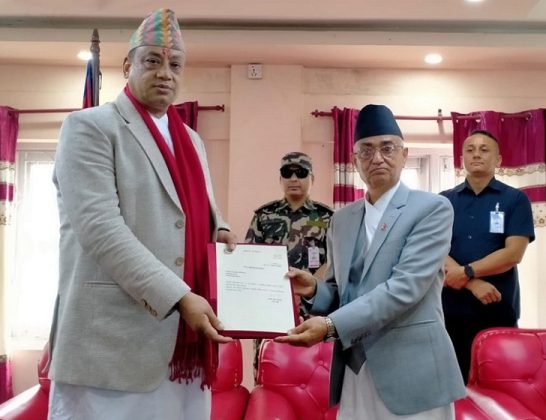
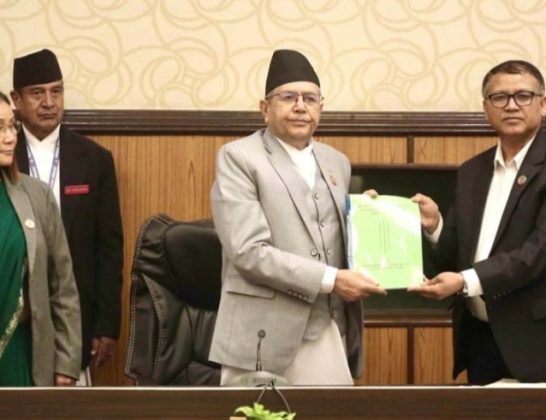

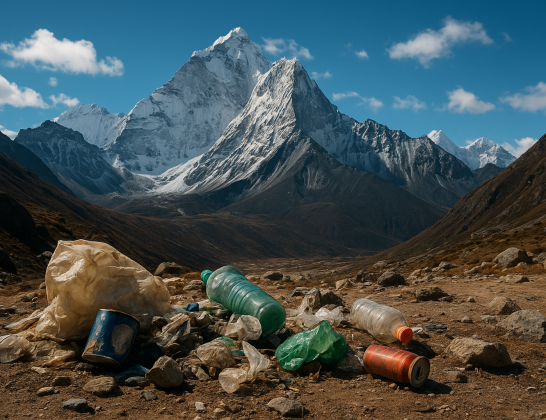


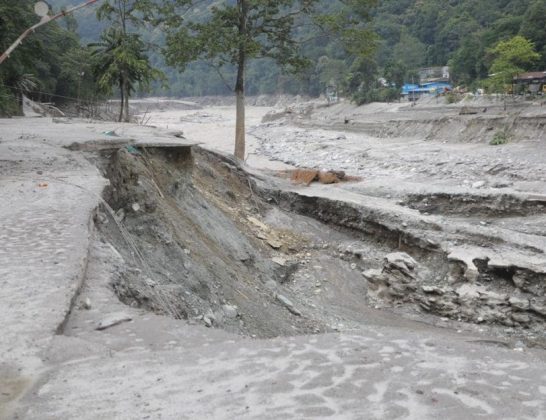


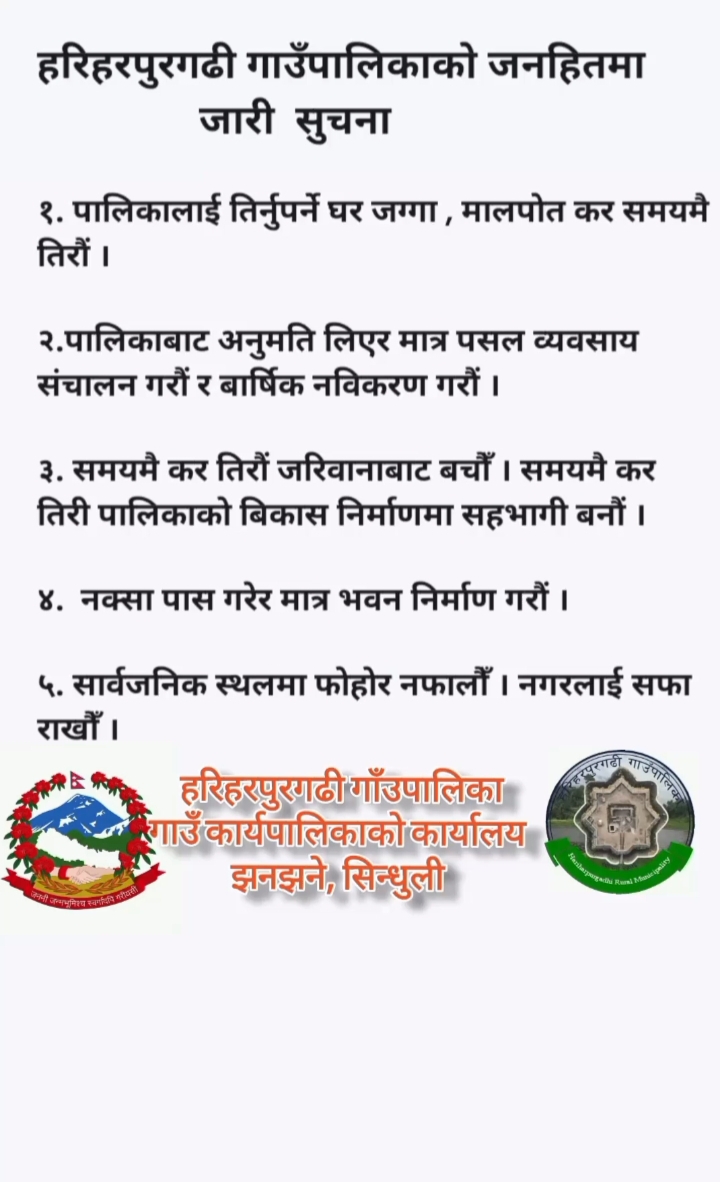
Comments